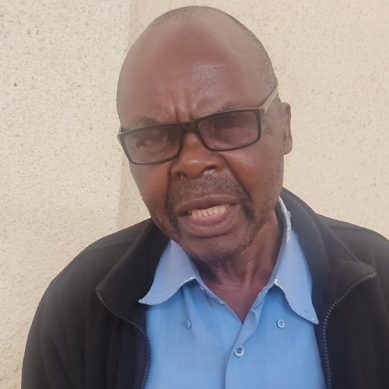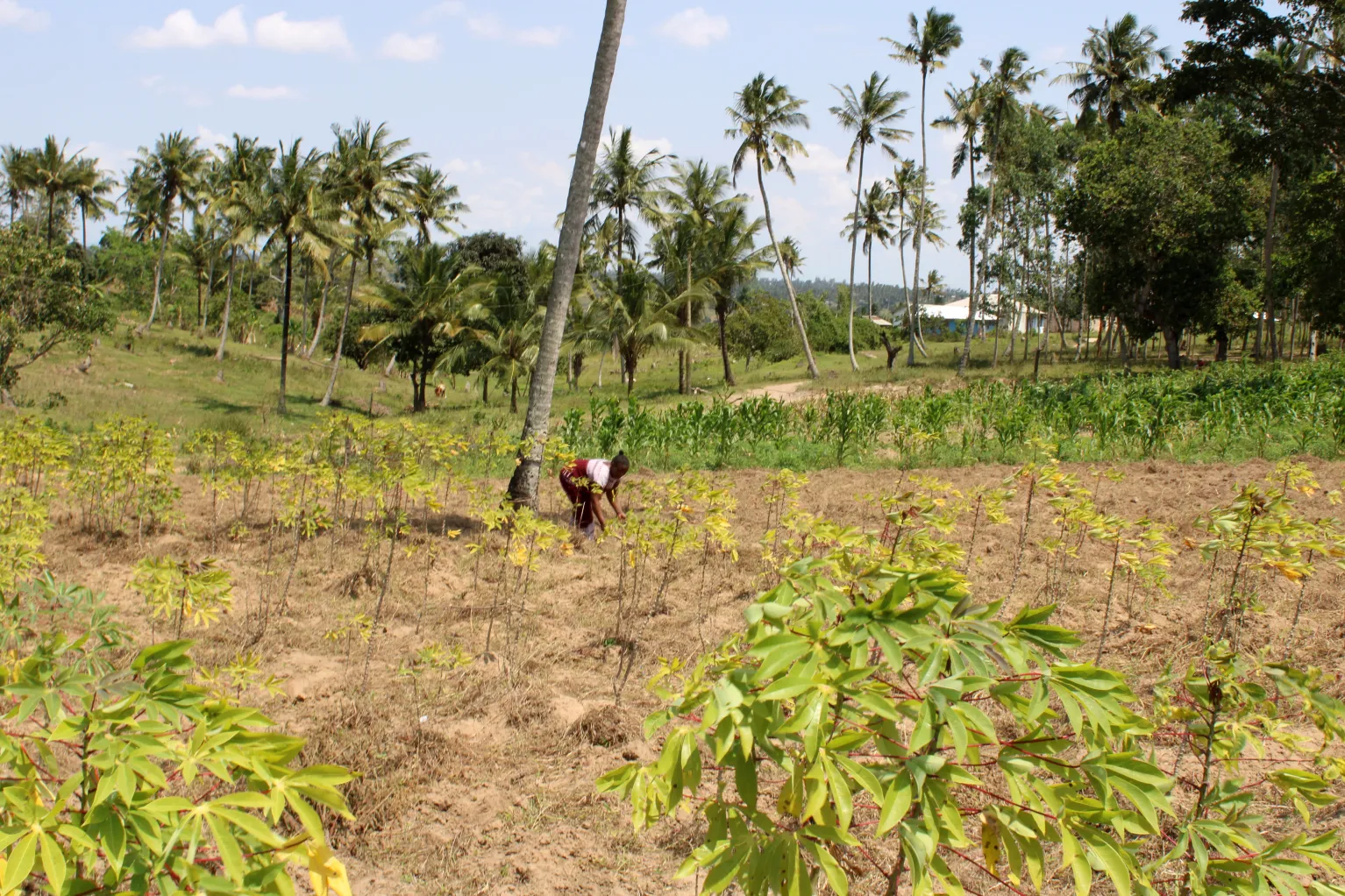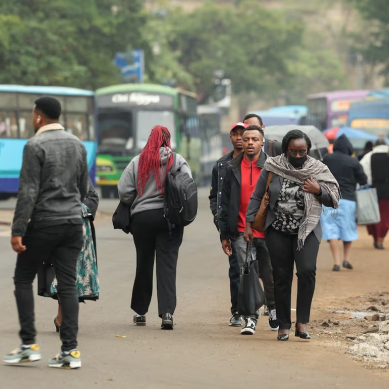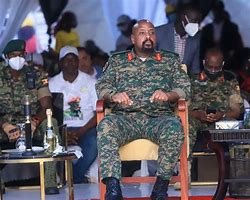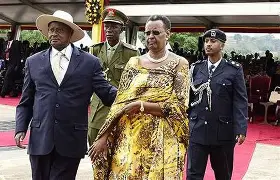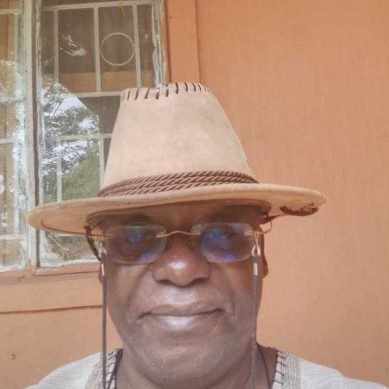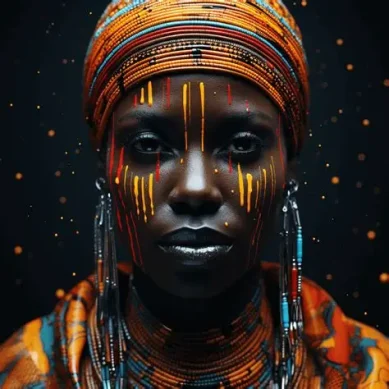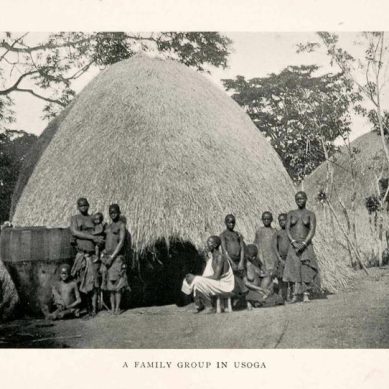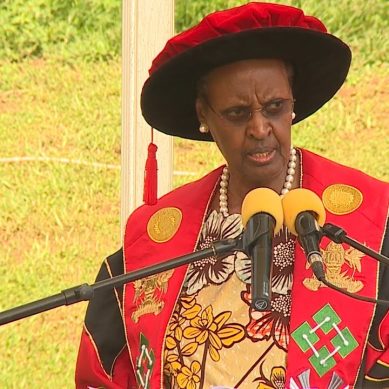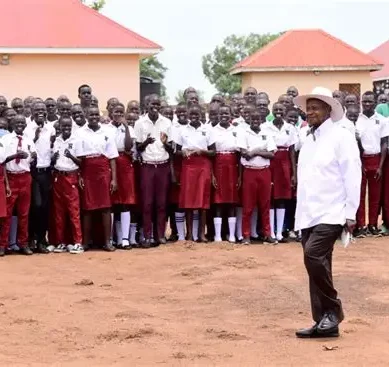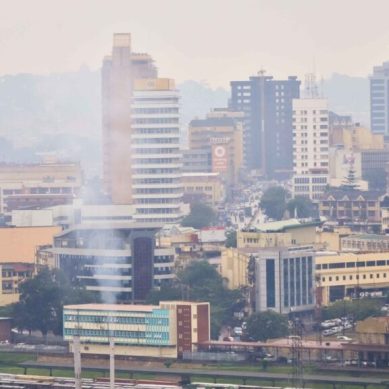Kenya: Heed my word Sifuna – it’s not outrageous to say ODM is irreversibly compromised up to 2027 and beyond
A morally upright Orange Democratic Movement (ODM) party would have at the very least given an ultimatum to President William Ruto government to shape up or face divorce. In truth, United Democratic Alliance’s (UDA) crimes so far qualify it for all manner of punishment, the most obvious being resignation from power
Is General Muhoozi Kainerugaba the lodestar of anti-corruption leadership in Uganda?
There is now no doubt that General Muhoozi Kainerugaba has been a fast-rising star in the military and in Uganda’s politico-military status quo. As I stated above, his rise in the army was fast-tracked by the President.
State legitimacy crisis in Uganda: A hotchpotch of deep state, military state and police state that represses or suppresses alternative opinion
We see erosion of peace and security in both rural and urban areas at a rate unimaginable after 2000. Ogega Otunnu (2017) has indicated that the crisis of state legitimacy and political violence in Uganda continues. He has looked at the crisis of state legitimacy under the Uganda National Liberation Movement/Army (UNLF/A) from 1979-1980, Uganda People’s Congress during Obote II from 1981/1985, Tito Okello military junta from 1985-1986 and National Resistance Movement under Tibuhaburwa Museveni from 1986-2016 (SpringerLink Search, 2020).
Uganda hurtling to new monarchised military: From Obote ‘Original Sin’ to soldier-king in the making
This was the political status quo on October 9, 1963, when CWRU was renamed Uganda, and its governance placed in the hands of an Executive Prime Minister Apollo Milton Obote, and a ceremonial president, Sir Edward Muteesa II, and ceremonial vice-president, Sir William Wilberforce Kadhumbula Gabula Nadiope II.
While the world has evolved and knowledge system have evolved too, Ugandan universities are still wedded to knowledge silos
Where the interdisciplinary, crossdisciplinary, transdisciplinary and extradisciplinary knowledge systems have been allowed to flourish, they create alternative scholarship and innovations have become more prevalent than where the disciplinary knowledge system continues to predominate.
My father’s story is synonymous with the history of how successive regimes in Uganda tried to subvert Busoga kingdom
This article traces the genealogy of the mother of Charles Afunaduula-Ovuma Ngobi Isabirye, Mukyala Nabirye Takoba. She got married to Yakobo Wasedde Buganga Isabirye, of the Mulawa clan, who was a subcounty clerk and one of the few educated people of his time. They both belonged to and identified with a village called Bunafu in Ikumbya Subcounty of Luuka County (now Luuka District) on land given to Wasedde Buganga for his dedicated service to the colonial government.
Needed: Alternative scholarship in alternative universities to resuscitate public intellectualism in Uganda
The current politically-oriented leadership of Makerere University is not aware of the fact that interdisciplinarity, crossdisciplinarity, transdisciplinarity and extradisciplinarity are growing movements within academia globally. It seems to be satisfied leading a university buried in the past, superimposing disciplinarity and multidisciplinarity on a society that should be benefitting from integrative and integrating academic and intellectual processes.
How Museveni became Uganda’s Enemy No.1 in knowledge industry for rewarding natural sciences far better than humanities
Many people have wondered why President Museveni is emphasising natural sciences and related disciplines and fields and advocating against arts, humanities and social sciences when his background is in those fields, and when almost 99.9 per cent of the members of his government also have backgrounds in those broad fields of knowledge.
Lost in madding crowd: Weep not beloved Uganda, you polluted environment with politics and now you’re paying the price
Factories, business buildings, residences and slums are established in swamps and ancient waterways and hills are cleared of their trees to mine stones for construction, or to establish residences and hotels, thereby causing unnatural floods, especially during the rainy periods.
